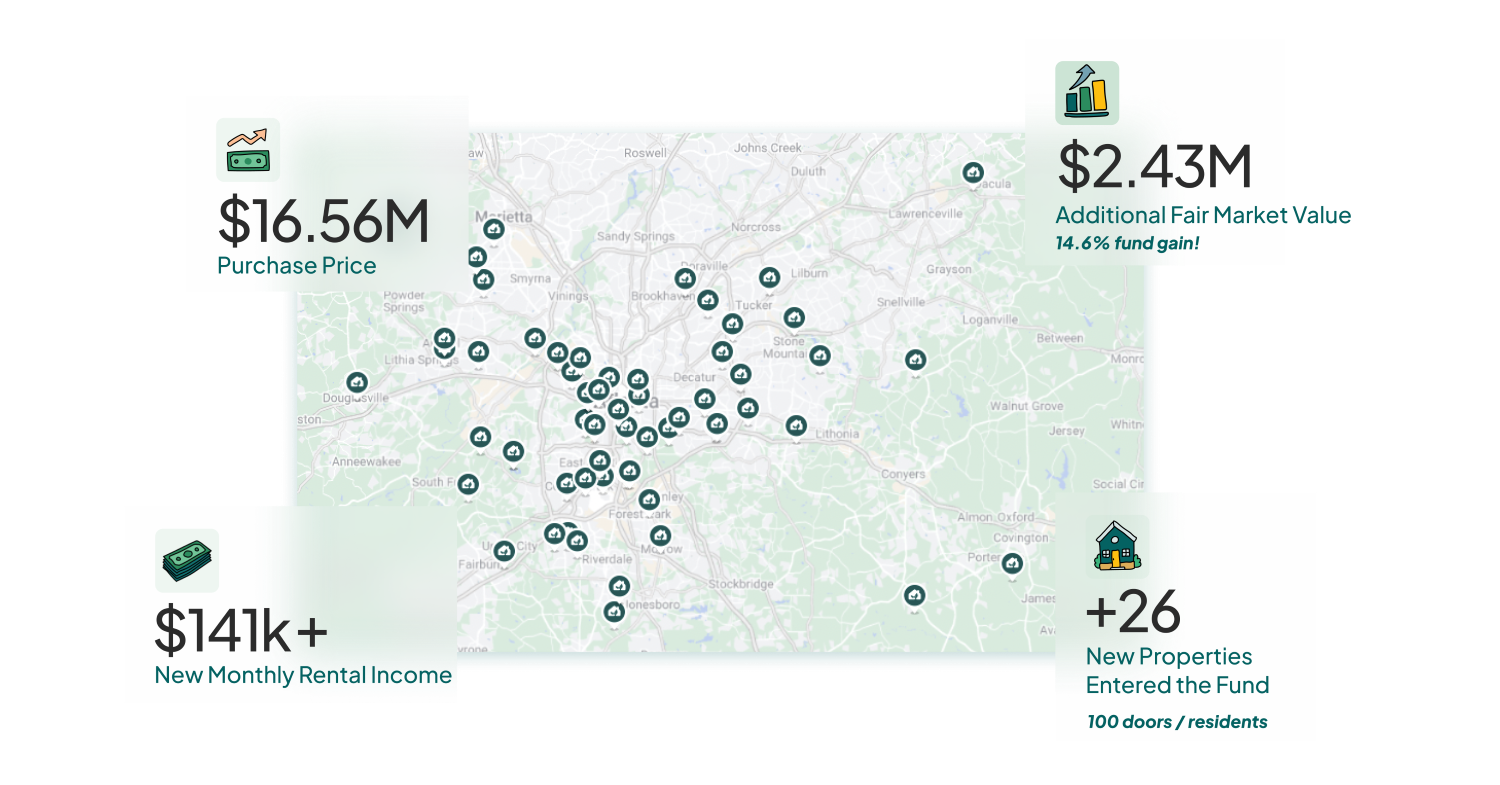Benefits of a Roots Custodial Account
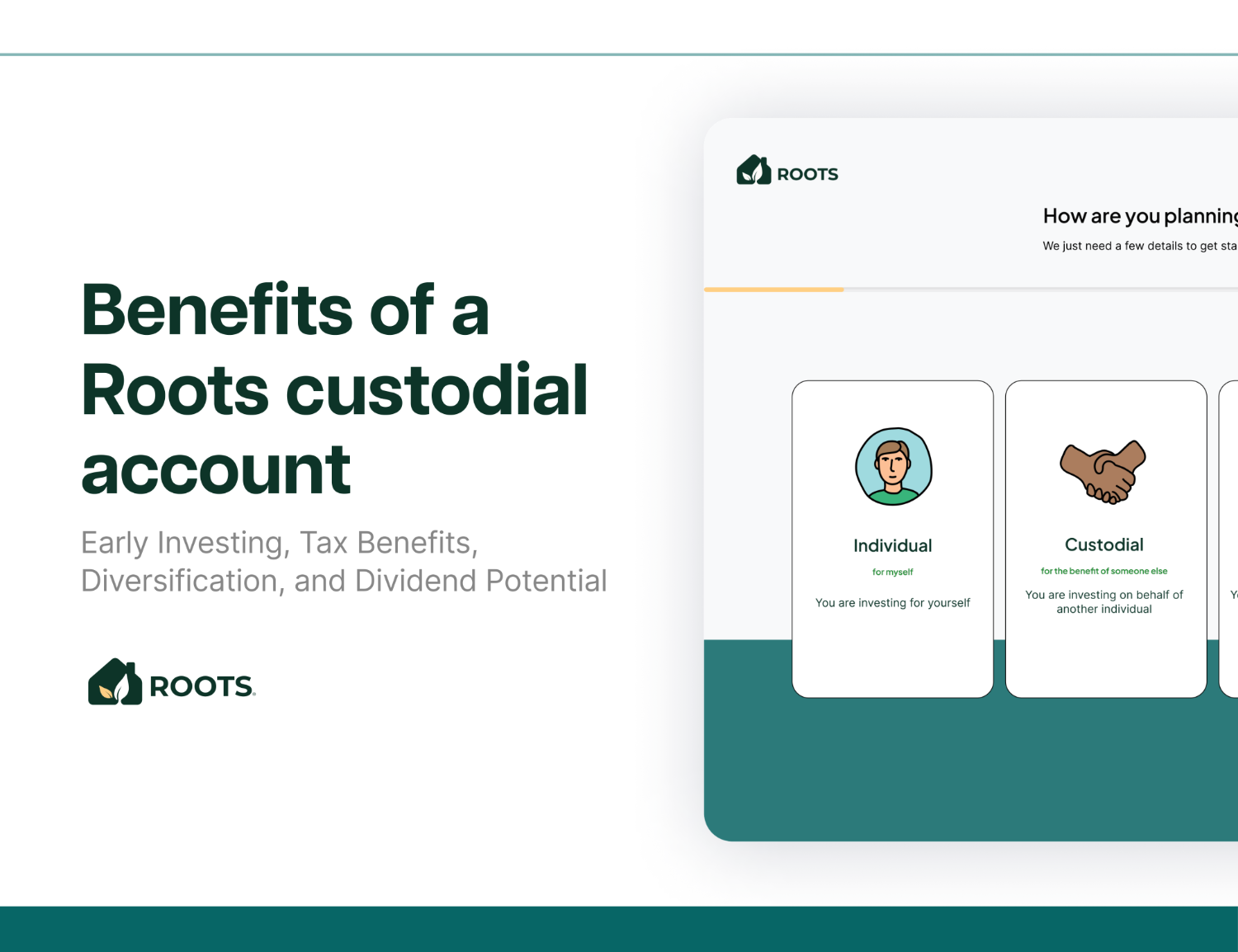
As a parent, grandparent, or guardian, your number one priority is setting up your child (or your child’s child) to live a happy, healthy life with the best opportunities possible. One of the avenues many parents take to ensure their child has a comfortable financial future is through setting up a custodial account in their name. If you don't know what a custodial account is or why starting one for your loved one will help them build wealth over time, don't worry—we have you covered.
What is a Custodial Account?
A custodial account is a type of financial account (in our case, our fund) created for the benefit of a minor, typically managed by a parent or legal guardian until the minor reaches the age of majority; this age is dependent on the jurisdiction.
Two primary legal arrangements exist for setting up a custodial account: the UTMA and the UGMA. There are a few differences between the two.
UTMA: The UTMA (Uniform Transfers to Minors Act) exists in all states except Vermont and South Carolina. The UTMA allows the custodian to manage the custodial account until the child turns 25, although this could be lower in some states. The UTMA also allows the custodian to invest in financial and physical assets, like real estate and other property types. With this arrangement, the custodian can withdraw on the minor’s behalf.
UGMA: The UGMA (Uniform Gifts to Minors Act) is present in all states. The UGMA allows the custodian to manage the custodial account until a minor turns 18 (21 in some states). The UGMA limits the custodian to investing strictly in financial assets like cash, stocks, bonds, etc. The custodian can’t withdraw on the minor’s behalf with this arrangement.
Why a Custodial Account?
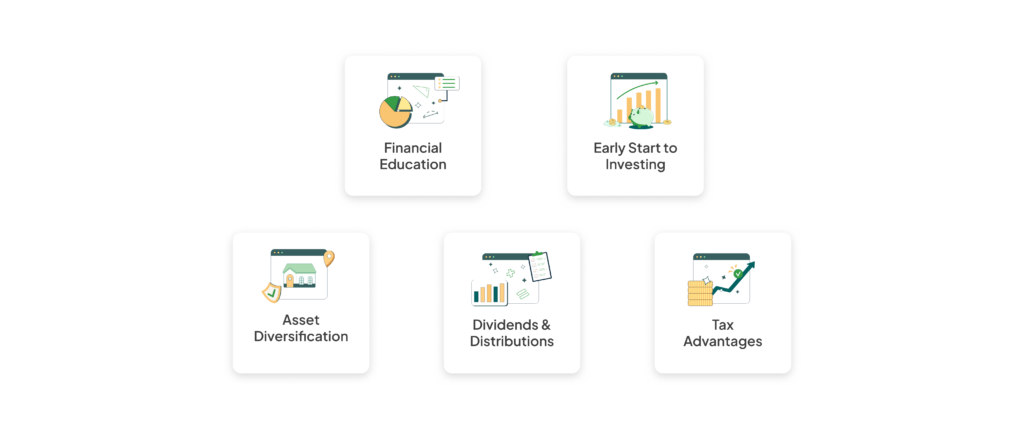
Financial Education
Opening a custodial account for your child or grandchild provides an excellent opportunity to teach them about saving, investing, and financial responsibility from an early age. Involving them in the decision-making process and showing them how investments grow over time can instill valuable financial literacy skills that children often aren't taught in school.
Early Start and Compound Interest
Custodial accounts allow you to invest on behalf of a child, providing them with a financial head start. Investments made early in life have more time to grow, potentially accumulating significant gains by the time the child reaches adulthood. For instance, if you set up a custodial account and invested $100 a month for 18 years and it grows at a 13% interest rate compounded quarterly, it would be worth $84,000! This money can be used for their college fund, to jump start their business ideas, or to help fund their first home.
Roots has a historical average annual return of 17.38% (July 1, 2024 - October 10, 2024) which is well above the example provided above. Starting a custodial account for your child with Roots now can help you build significant wealth for them, especially considering the power of compounding interest over time.
Tax Advantages
There are many tax advantages to starting a custodial account, especially within the real estate investment sector.
Control over taxation
By managing the investments within the custodial account, assets and income belong to the child. If the unearned income, such as interest, dividends, and capital gains, exceeds $1,300 (in 2024) they would need to file an income tax return.
If the custodial account generates over $1,300 in income and the minor files a return, the first $1,300 of that income is tax-free. The next $1,300 is taxed at the child's own tax rate, and any amount exceeding $2,600 is typically taxed at the parent's marginal tax rate, known as the "Kiddie Tax." Earned income from a job is taxed at the minor's individual rate, while the Kiddie Tax applies solely to unearned income.
Educational expenses
Depending on the structure of the custodial account, funds withdrawn from the account may be used to pay for qualified education expenses, potentially with tax advantages.
Wealth transferring
Contributions to a custodial account for a child are considered gifts. In the United States, you can gift up to a certain amount each year without triggering a gift tax. For 2024, the annual gift tax exclusion is $18,000, meaning a person can give up to $18,000 to as many people as they want without having to pay any taxes on the gifts. Gifting assets to a custodial REIT account or another financial product can reduce your taxable estate while providing for a child's future.
Diversification
Stocks, bonds, and REITs are all great assets to pass down to children. Mixing these three assets can create a diverse portfolio with high yields and moderate risk. Stocks have historically high returns and are easy to liquidate, bonds are a reliable income stream with fixed maturity dates, and REITs give a child access to the world of real estate, which usually has excellent returns—a luxury for young people in today’s economy.
Click here to learn more about why many people have become REIT investors in recent years and why REITs offer unique perks.
Dividends and distributions
A dividend is a portion of a company's profits that it distributes to its shareholders. When it comes to dividends in the stock or bond market these are far from dependable, whereas, within the REITs sector, all REITs are required to distribute 90% of its profit to shareholders. At Roots, we are no exception.
In the third quarter of 2024, Roots distributed $427,083.11 in distributions to investors. This distribution of money can contribute to a child's general expenses like car payments, technology, and travel. At Roots, we are proud of growing our investors' contributions long-term, but don't sleep on our distributions!
Ready To Open a Custodial Account?
Open a custodial account with as little as $100 to help your child (or grandchild) get ahead in life and start building their wealth today. With Roots’ “win-win” model, you can grow wealth for your child, all while helping renters grow theirs.
Here's how you can set up a custodial account in less than 5 minutes.
1. Sign in if you've already created an account or create your Roots account
2. Click on the "Start" button under Account Setup
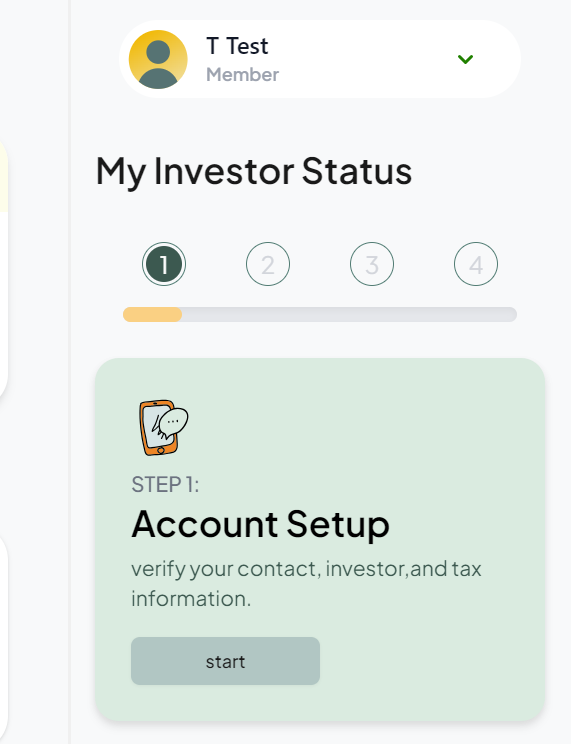
3. Select "Custodial" from the options
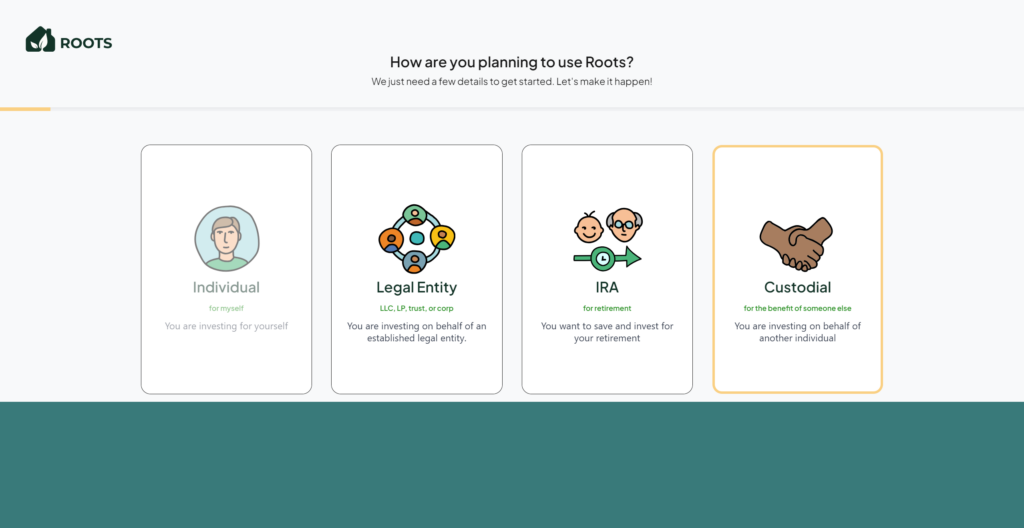
4. Start investing in your child’s future

You may be interested in



